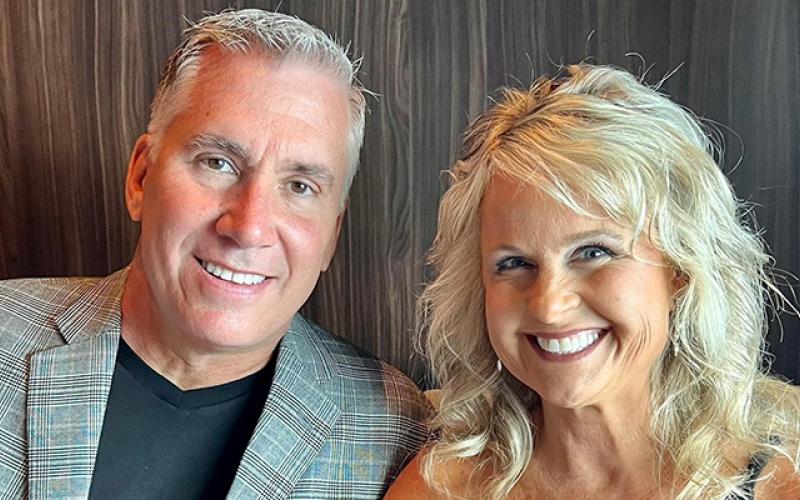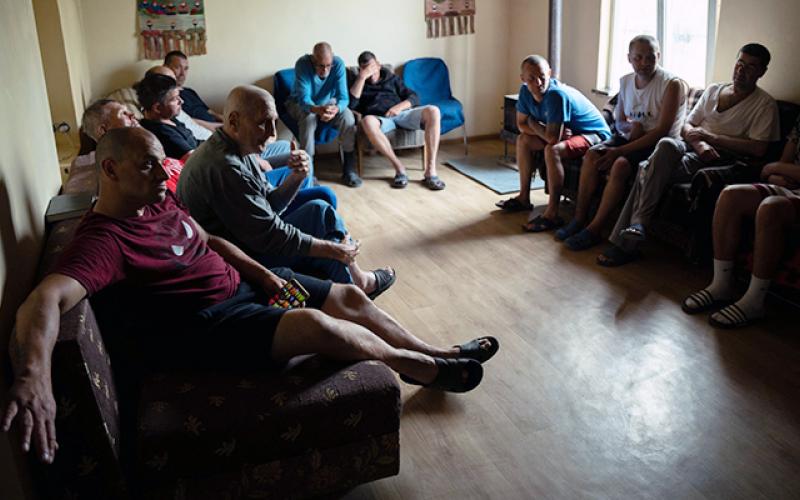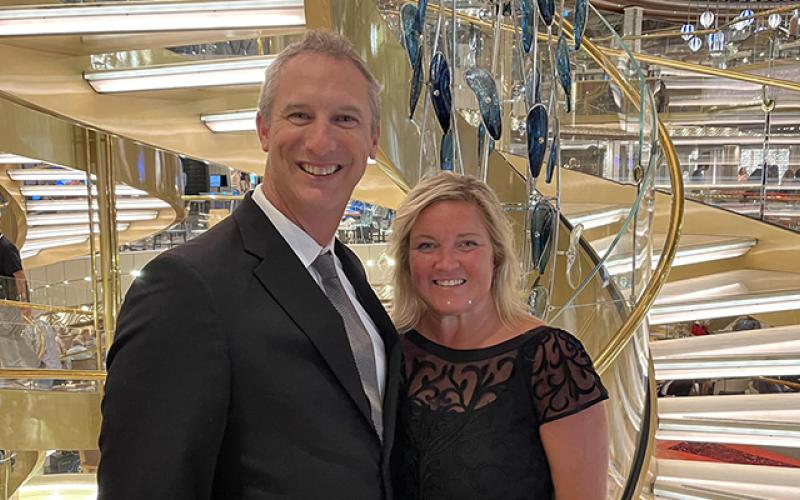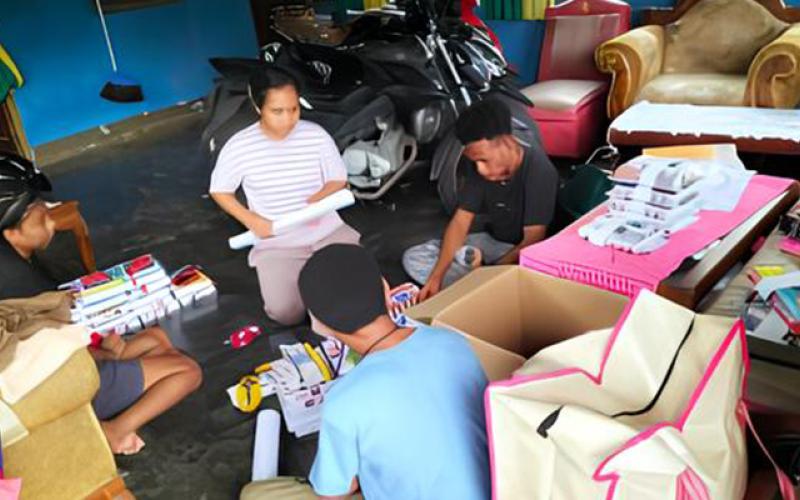
Drama club helps Roma children, Bulgarian adults build trust

The community drama club’s first rehearsals in a rural village of Bulgaria were so full of hostility and arguing that one might think the real drama was offstage.
Widespread conflict and mutual suspicion between Roma children and their elderly Bulgarian neighbors had been the norm until about two years ago. The Roma children often stole from or vandalized their retired neighbors’ property. In turn, the elders tended to blame the Roma families for anything that went wrong, whether or not they were responsible.
But a community drama club with a Christian ethos became the unlikely solution for building trust and positive social behaviors.
'Let’s put on a play!'
In the summer of 2014, a local teacher asked Zhana, a Nazarene Compassionate Ministries worker in the area, to meet for coffee. The teacher laid out the village problems and proposed a drama club as the solution. She thought that if the two generations could work together, they might build healthier relationships. The start-up costs totaled about 1,000 euros. Zhana liked the idea so much that she immediately developed a grant proposal, and Nazarene Compassionate Ministries provided the funding.
Zhana also helped organize and lead the drama club.
They invited the Roma children as well as the elderly Bulgarians. It was such an unusual opportunity that everyone wanted to get involved. So far, 40 children have joined along with 20 adults.
However, the first meetings and practices were, as Zhana phrased it (with some laughter) “a war zone.”
“People were accusing each other, throwing stuff at each other," she said. "You’re not working on the play, you’re just making sure everyone’s alive after the practice.”
The Bulgarians, who often had been targets of the children’s bad behavior, did not trust them. One woman even left her wallet out in the open at a rehearsal as a test, to see if any of the children would try to steal it.
The Roma families living in this Bulgarian village are middle class, unlike most impoverished Roma people throughout Europe. Zhana said the village children’s bad behavior was not motivated by hunger and poverty but simple rebellion against a society that persecutes and stereotypes them, and by parents who didn’t discourage the behavior.
To work together, the groups had a lot to overcome.
Establishing Christian standards
At the beginning, the club leaders explained the rules: participants could help with the production or receive speaking parts in the plays only if they adhered to Christian ethics and moral standards.
“We wanted them to see this is a fun place, but to come you need to meet certain requirements,” she said. “One of them is you don’t steal, because God asks us not to harm other people.”
They enforced these standards with compassion, zeal, and creativity.
The leaders asked one of the village’s infamous troublemakers to enforce discipline, resulting in most of the children behaving themselves and the boy rising to the leaders’ positive expectations.
“He’s a very smart boy; he just doesn’t know what to do with his energy,” Zhana said. “We had a guy that liked to steal a lot – a kleptomaniac. We told him that if he reduces the cases of stealing, he can take a small part. We don’t say, ‘You cannot be there because you steal,’ we say, ‘We know you have this problem and we really want you in our club.’”
The leaders told the boy that if he needed something, he should approach them with confidence and ask for it, rather than stealing. He has learned to tell them when he’s hungry, and he rarely steals now, Zhana said.
As for the woman who displayed her wallet: the children passed the test.
Smashing success
The first play the club produced was comedic irony, written by a Bulgarian who addressed stereotypes and how people treat each other.
Some of the club members got speaking and acting parts. Others built and painted sets, gathered props, and performed other jobs. Several of the kids have shown natural acting talent. The smallest children, who couldn’t memorize lines, opened performances with a song.
The first play was “a big success,” Zhana said. Since then, the club has performed five plays, drawing up to 500 people, including some from surrounding villages.
They also have been invited to perform in larger towns. At one such performance, “the children’s behavior was great,” she said. “They said they had never seen Roma children behave so well.”
Organizers of a national drama competition saw the play at one venue.
“They said, ‘These cannot be Roma kids,’ and we said, ‘Yeah, they’re all Roma,’” Zhana said.
So, in May, the group was invited to compete in the capital of Sofia. They prepared another comedic irony as their entry.
Getting to go on these field trips is a thrill for the children and helps them to learn more about their country and society.
‘They started to care for each other’
The two generations have started a healing process that has led to mutual support and love spreading outward, beyond the drama club.
“There’ve been children right now who are actually helping the grandparents," Zhana said. “They buy their bread and they carry their groceries or their bread back home. Some of the grandparents are trusting them with the money, so they go and shop for them and help them around the house with the wood and groceries.
“This improves quite a lot the climate in the village. The communication between them is much better, and because of that, I think the children and the adults, and even the parents, are getting in better communication. They started to care for each other.
“There is one poor family that lives in a trailer or wagon, and they have two sets of twins and they’re really poor. They even don’t have running water. The Bulgarian ladies are gathering clothes and food items for them. That’s something that wasn’t happening before this drama club.”
The club does Easter and Christmas pageants, which makes it possible to share the story of Jesus as savior.
“The children are really aware of God’s presence,” she said. “They acknowledged this. One of the families actually became Christians.”



